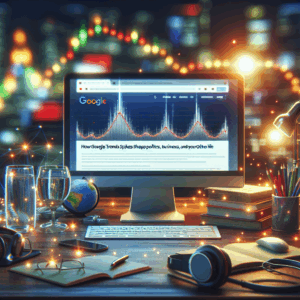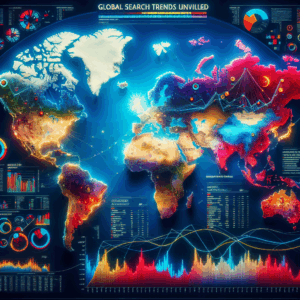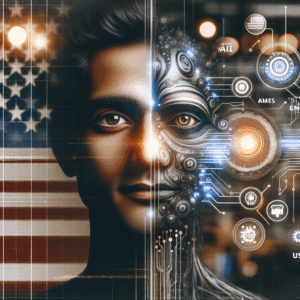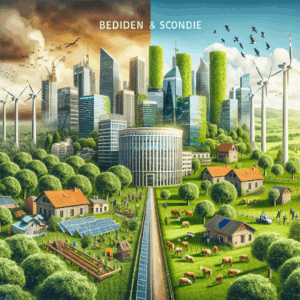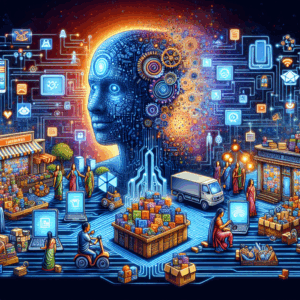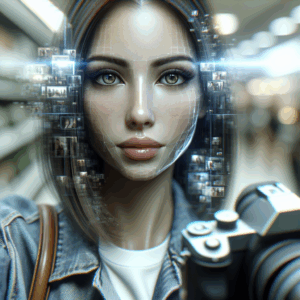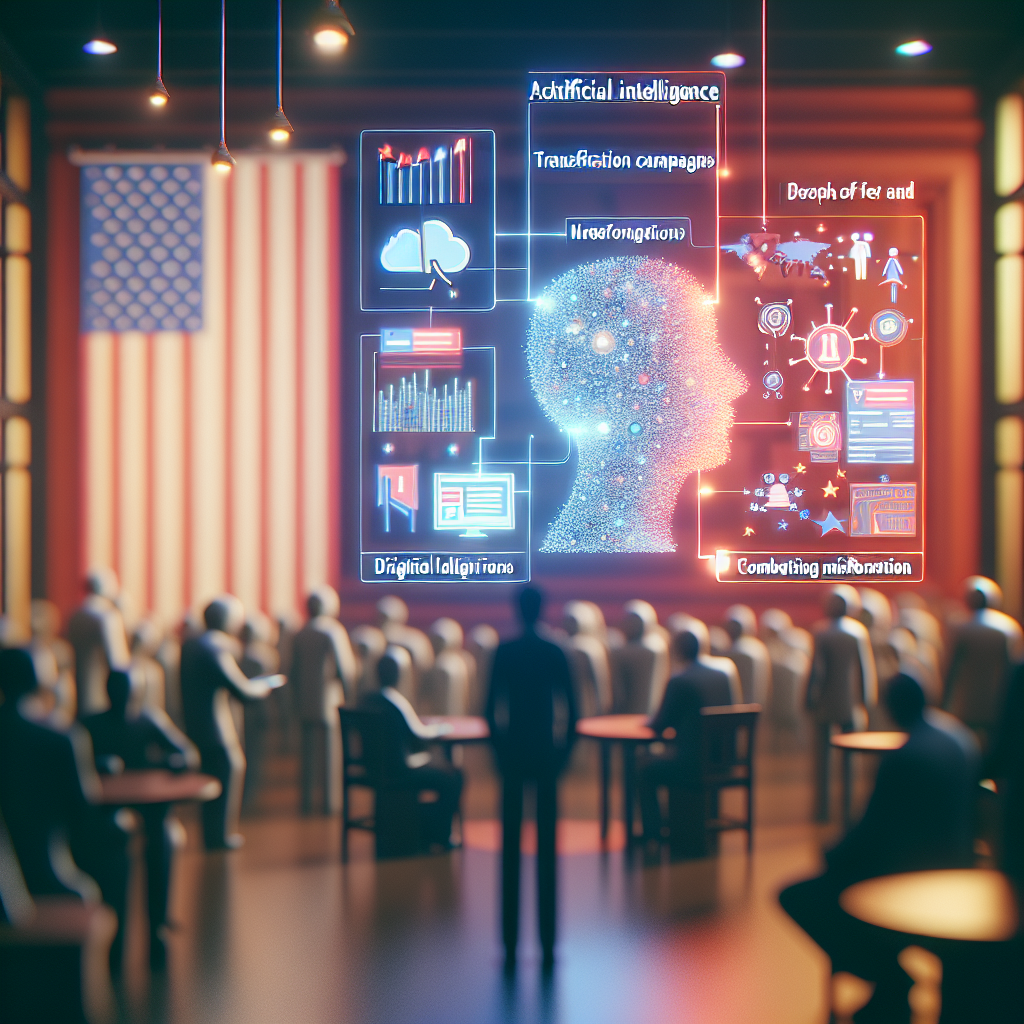
Hook:
What if tomorrow’s election results were swayed not by rallies, but by unseen algorithms measuring every like, share, and comment you make online?
Anecdote:
Meet Ravi, a Mumbai-based college student. Scrolling through social media, he’s bombarded by witty memes, dramatic videos, and suspicious news links—all about political contenders. But is everything he sees real, or shaped by artificial intelligence?
What’s Happening?
Political campaigns are rapidly turning to artificial intelligence (AI) to analyze public sentiment and detect (or sometimes spread) misinformation. Sentiment analysis tools now process millions of posts, tracking how citizens feel about parties, leaders, and policies. Meanwhile, AI-driven algorithms can quickly spot viral misinformation—but are also used to potentially amplify misleading narratives.
This use of AI goes far beyond simple data crunching. Today’s sophisticated models can classify emotional tone, monitor shifting opinions in real time, and even create persuasive messages tailored to individual users based on their browsing habits. The AI arms race in politics is about understanding and—sometimes—influencing voters with unprecedented precision.
Why It Matters
- Information Integrity: AI’s ability to quickly identify misinformation can help safeguard honest discourse, but the same technology can be used to spread false content, deepfakes, and propaganda.
- Voter Privacy: These systems analyze huge amounts of personal data, raising concerns about surveillance, consent, and misuse.
- Election Outcomes: Targeted AI helps campaigns craft hyper-personalized messages, potentially shifting voter behavior and impacting democratic fairness.
What’s Next?
Upcoming elections are set to witness even deeper integration of AI, from real-time sentiment dashboards to advanced misinformation detection tools adopted by electoral commissions. Policymakers are debating stricter regulations, while tech companies are rolling out new tools to label or remove fake content. Stakeholders—including voters, parties, and watchdogs—are closely watching how these changes reshape the digital political battlefield.
Conclusion:
AI is redefining political campaigns by analyzing our feelings and fighting (or fueling) misinformation. It promises smarter elections but also poses new risks to truth and privacy. As technology reshapes democracy, staying informed is more crucial than ever.
How do you feel about AI’s growing influence in political campaigns? Join the conversation in the comments below!

